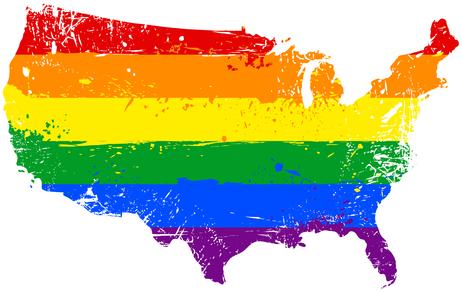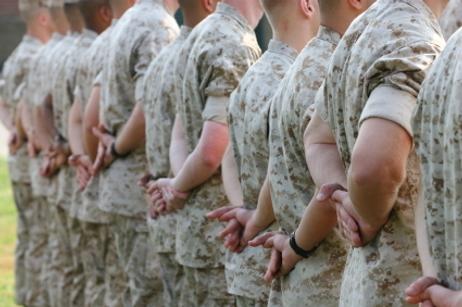Community college students interested in LGBT studies, whether to obtain an associate degree or transfer to a four-year university, often found slim pickings in this area at most colleges nationwide. Schools that did offer courses in the subject often did so as part of their women's or English studies. However, one community college in San Francisco wants to be on the cutting edge of a whole new trend – by offering a major in LGBT studies that would be the first at any community college in the United States.
City College of San Francisco: LGBT Pioneer
City College of San Francisco is no stranger to firsts. According to a report in the Bay Area Reporter, this community college was the first to offer individual LGBT courses as far back as 1972. In 1989, the school established its own gay and lesbian studies department, the first of its kind in the United States. When Ardel Thomas, Ph.D., was brought on as chair of the department in 2006, one of her first orders of business was to begin the work involved with creating an LGBT major at City College.
"One reason we didn't put the major forward before is that up until recently there were no other programs you could actually go to," Thomas told the Reporter, citing the scarcity of LGBT major or minor studies at four-year universities. "Now, however, LGBT studies and queer studies are recognized internationally as a field




























